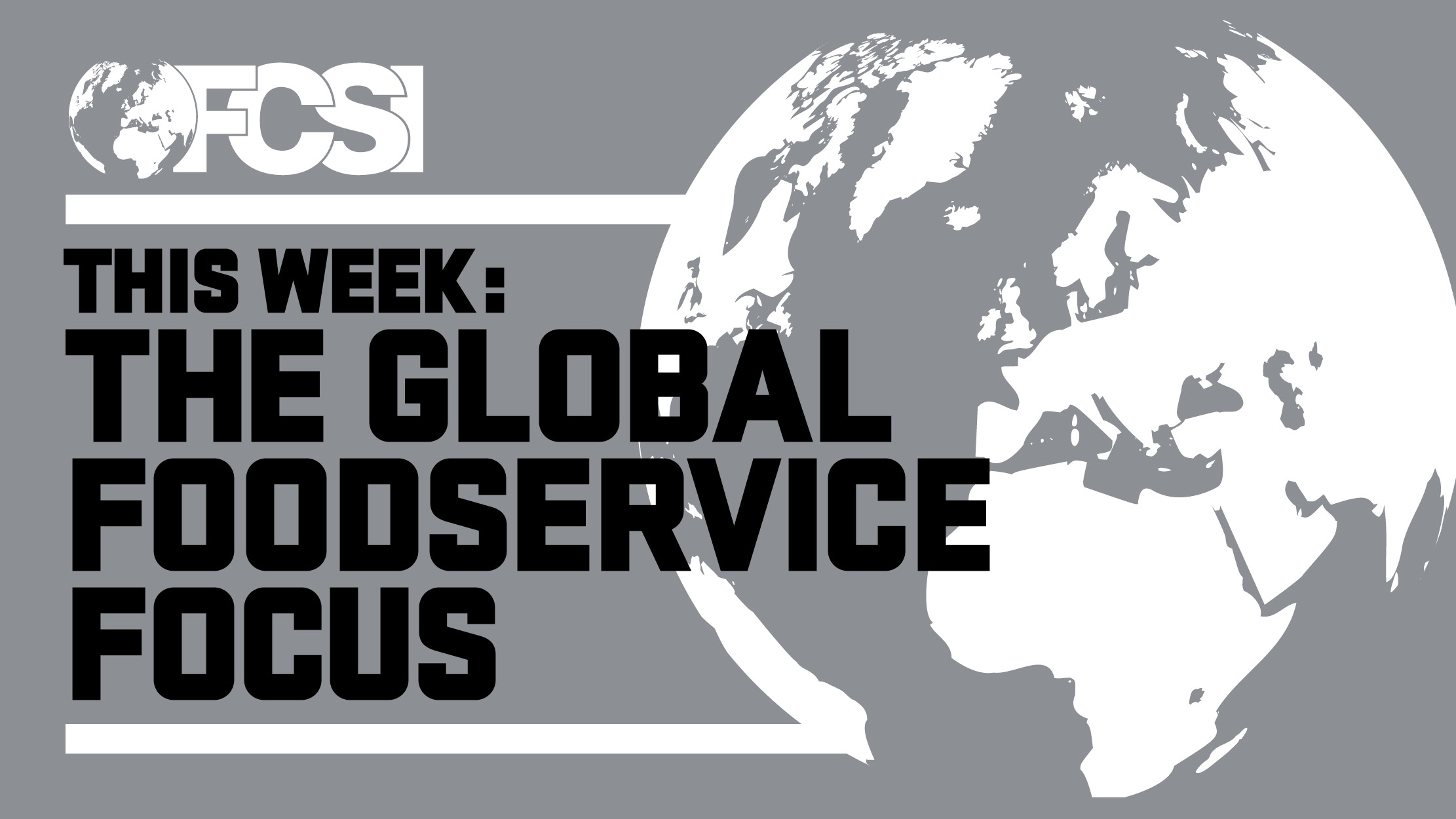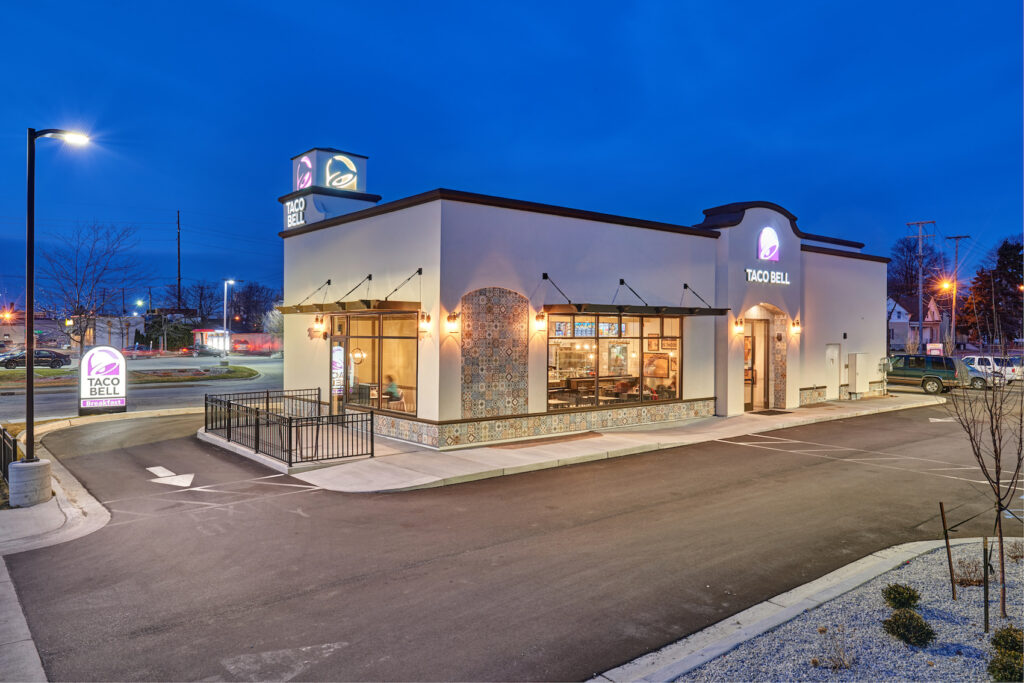
Americas
AI model helps trace salmonella to food sources
A US government study has shown how machine learning can improve the tracing of the sources of foodborne illnesses. Researchers from the CDC, FDA and USDA trained a random forest model ‒ a commonly-used machine learning algorithm ‒ using over 18,000 Salmonella genome sequences to predict likely food sources. The model achieved 81% accuracy overall, rising to 91% for high-confidence predictions, and identified chicken and vegetables as the top sources of human salmonellosis. Tested against more than 6,000 clinical cases, the model attributed 46% of infections to chicken, far higher than previous outbreak data suggested (17%). Researchers say the method could strengthen outbreak investigations and food safety regulations.
Yum! Brands and NVIDIA team up to bring AI to restaurants
US-based Yum! Brands is partnering with NVIDIA to roll out scalable, cost-effective AI across its global restaurants, including KFC, Taco Bell, Pizza Hut and Habit Burger. The collaboration builds on Yum!’s Byte by Yum! Platform, which was launched in February, and will use NVIDIA’s AI Enterprise tools to enhance efficiency, drive-through operations and customer experience. Key features include voice AI for order-taking, computer vision for drive-through efficiency and back-of-house tasks, and analytics to support managers. Trials are underway at select US Taco Bell and Pizza Hut sites, with a wider rollout to 500 locations planned for Q2 2025. Yum! is NVIDIA’s first global AI restaurant partner.

Asia Pacific
Shifting to plant proteins could save 100,000 lives in Thailand
Replacing half of Thailand’s meat and seafood production with plant-based proteins could prevent over 100,000 premature deaths from air pollution by 2050, a new study has found. Crop burning ‒ mainly of maize grown for animal feed ‒ is the biggest source of PM2.5 pollution, which causes air pollution lethal enough to prematurely kill 34,000 people every year. Without change, maize burning could cause 361,000 premature deaths by 2050, according to the analysis from non-profit Madre Brava and sustainable development consultancy Asia Research Engagement (ARE). The researchers are calling for government-led protein diversification, including support for plant-based farmers, more meat-free meals in public institutions, and increased R&D. The shift could also boost jobs, economic value and emissions reductions across Thailand’s food system.
McDonald’s to create thousands of jobs with Hyderabad tech hub
McDonald’s is partnering with the Telangana government to open its largest global capability centre (GCC) in Hyderabad, India. Set to launch in April 2025, the 200,000ft² hub will hire over 2,000 people and serve as a key training site for McDonald’s operations in India and abroad. CEO Chris Kempczinski cited Hyderabad’s talent and infrastructure as reasons for choosing the city. The centre will generate thousands of direct and indirect job opportunities, especially for young people. McDonald’s also plans to source ingredients from Telangana farmers, supporting local agriculture and boosting the regional economy.
Europe, Middle East, Africa
Hospitality pay falls as staff work longer hours
Nearly half of UK hospitality workers now earn under £30k, according to a salary survey by Hospitality Jobs UK, KAM Insights and the Access Group. That figure has climbed from 30% in 2023 to 46% in 2025. The report also found employees are working longer hours ‒ 22% do 16+ extra hours weekly, up from 16% last year ‒ though more are being paid for overtime. Unsurprisingly, job satisfaction is slipping, with only 56% of respondents reporting good work-life balance, compared to 59% last year. But despite the pressure, staff retention remains steady.
Italy backs €11m food security project in Ukraine
Italy and Ukraine have launched a €11m initiative to boost sustainable agriculture and food security in Ukraine’s Odesa Oblast. The Pro.UKR project will support local farmers, breeders and cooperatives with modern tools, irrigation systems and training to strengthen production and resilience. Italy’s ambassador to Ukraine called it a “concrete” step in strengthening food security and promoting sustainable agricultural development. Agriculture Minister Vitaliy Koval said the move deepens cooperation with the EU and marks progress in rebuilding Ukraine’s farming sector. The initiative follows Rome’s recent €13m contribution to Ukraine’s Energy Support Fund.
Elly Earls
